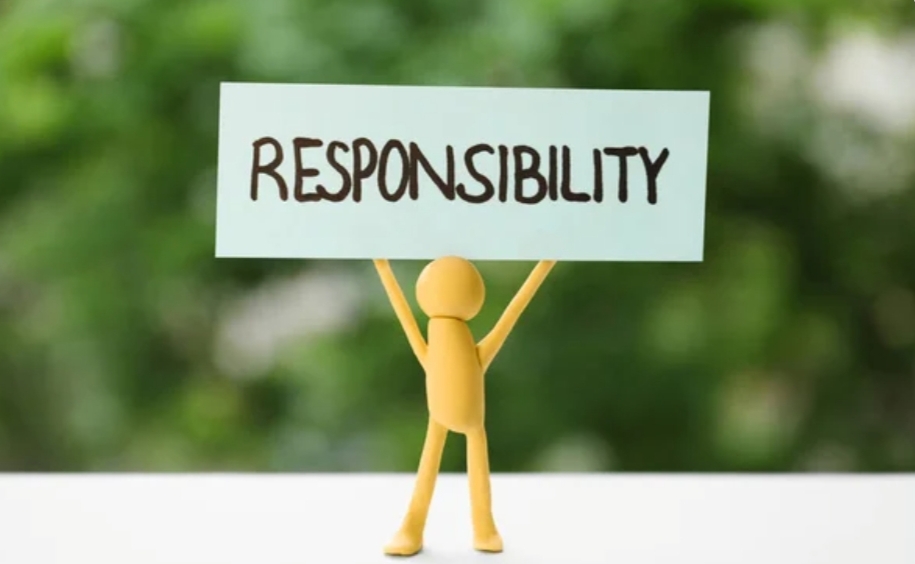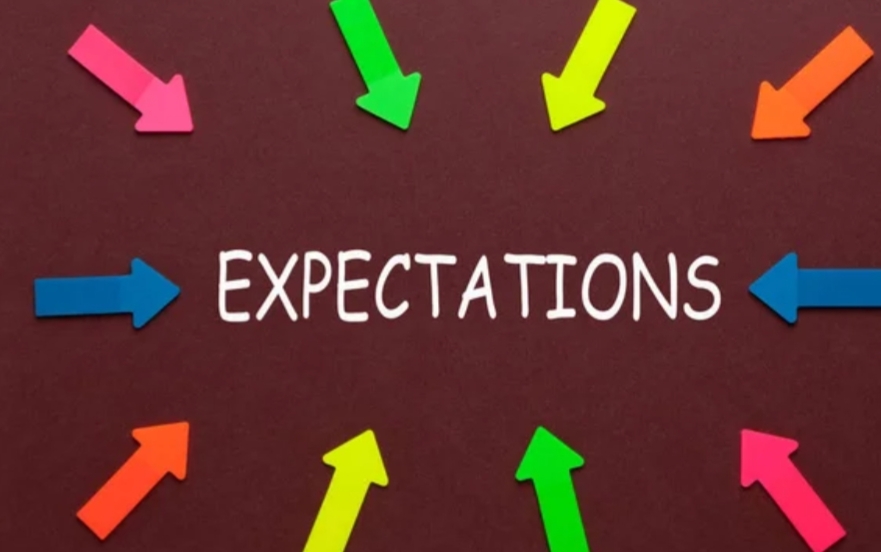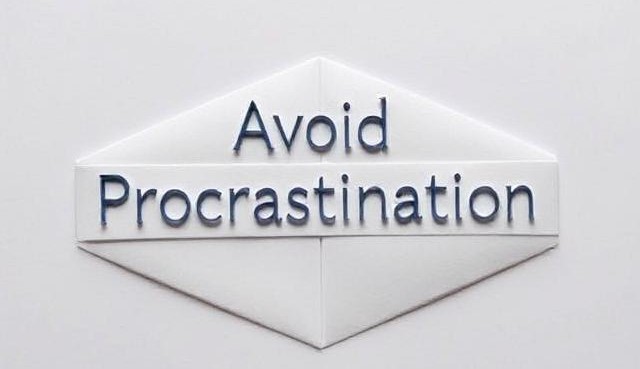
In our fast-paced world, feeling overwhelmed by responsibilities is increasingly common. Whether at work, home, or within social circles, many of us sometimes find ourselves laden with tasks we never asked for or didn’t willingly take on. Unwanted responsibilities can lead to stress, burnout, and a feeling of being trapped. However, you can manage these burdens effectively with the right strategies. Here’s how to deal with unwanted responsibilities and regain control of your life.
1. Identify and Acknowledge Your Feelings
The first step in addressing unwanted responsibilities is to acknowledge how they make you feel. Are you anxious, frustrated, or overwhelmed, because understanding your emotional response is essential in tackling the situation effectively. Journaling your feelings can also clarify exactly what responsibilities weigh you down the most.
2. Evaluate the Responsibility
Take a moment to assess the responsibility in question. Ask yourself the following questions:
- Is this responsibility something I genuinely want to take on?
- Am I legally or ethically required to fulfill this task?
- How does this task align with my personal and professional goals?
By evaluating the rationale behind your unwanted responsibility, you can better understand whether it’s worth your time and effort.
3. Communicate Openly
Often, unwanted responsibilities arise from a lack of communication. If someone has delegated a task to you, it’s crucial to clarify your boundaries. Openly discuss your concerns with the person who assigned you the task, and clearly articulate your current commitments. Most people appreciate honesty and may not realize they have burdened you.
4. Set Boundaries
Establishing clear boundaries is essential in managing unwanted responsibilities. Learn to say no when necessary. A simple, polite refusal can go a long way in preventing overload. You can practice saying “I’m unable to take on that task right now” or “I need to prioritize my current commitments.” Remember, it’s okay to prioritize your mental well-being over pleasing others.
5. Delegate or Share the Load
If the responsibility cannot be avoided then consider sharing the workload. Collaborate with colleagues or family members in order to ensure that tasks are fairly distributed. Often, people are willing to help if you ask. Delegating not only reduces your burden but also empowers others by giving them a chance to contribute.
6. Prioritize Tasks Wisely
If you must manage several responsibilities at once, practice prioritization. Use techniques such as the Eisenhower Matrix, which categorizes tasks based on urgency and importance. Focus on what truly matters and postpone or eliminate less critical tasks. This approach allows you to channel your energy into responsibilities that align with your goals and values.
7. Practice Self-Care
Facing unwanted responsibilities can take a toll on your mental and physical well-being. Therefore, investing time in self-care is crucial. Engage in activities that rejuvenate you, whether it’s exercising, meditating, pursuing hobbies, or simply taking time to relax. Prioritizing self-care not only helps you cope better but also increases your capacity to handle pressures.
Unwanted responsibilities can feel like an anchor dragging you down, but with the right approach, you can lighten your load. By acknowledging your feelings, communicating openly, setting boundaries, and practicing self-care, you can manage these tasks effectively. Remember, it’s okay to put yourself first instead of others. Life is a delicate balance, and finding ways to deal with unwanted responsibilities can pave the way for a more fulfilling and less stressful existence.









